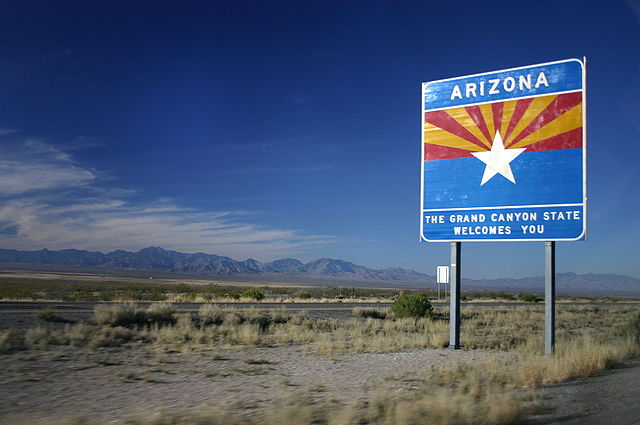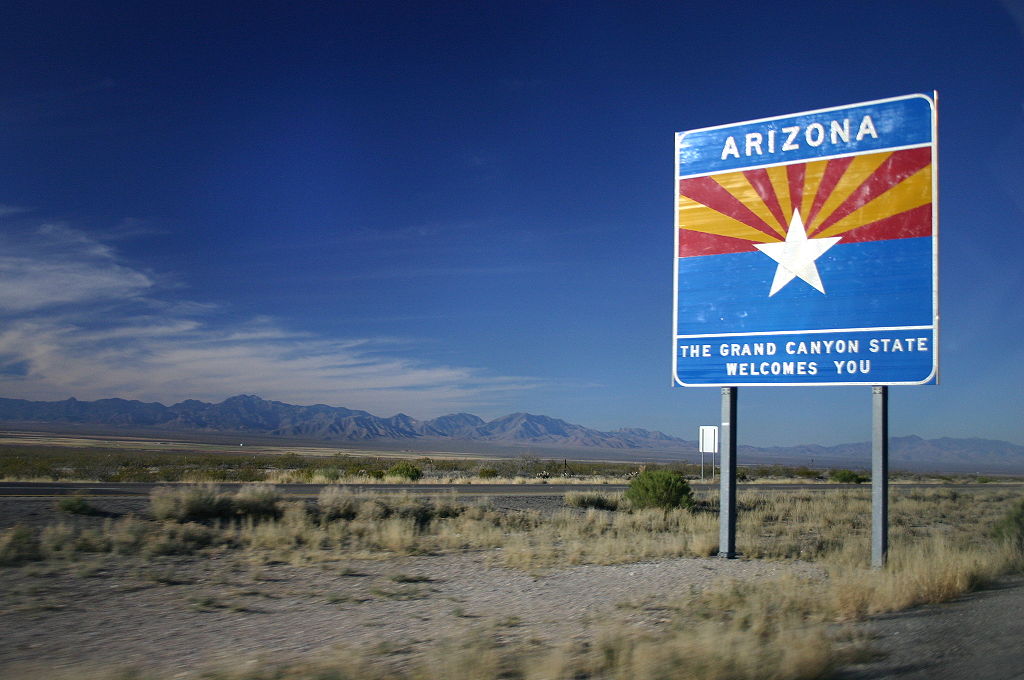The Arizona Public Safety Personnel Retirement System is searching for a new director, and the fund has reportedly narrowed the field to three candidates.
The candidates, according to the Arizona Republic:
– Jared Smout, acting administrator at PSPRS. Smout was the organization’s deputy administrator from September 2011 to July 2014, when he was promoted to his current job. He also has done accounting, budgeting and financial consulting. He has a Master of Public Administration degree from Brigham Young University.
– Kevin Olineck, vice president for client services for British Columbia Pension Corp. Olineck has been in this position since May 2009, and he previously was vice president of pension services for the Alberta Pensions Services Corp. He has a bachelor of arts degree in the Advanced Program in Public Administration from the University of Saskatchewan.
– Deric Righter, former chief executive of ThyssenKrupp USA, a Michigan-based holding company for a German conglomerate. Righter also was a vice president of public banking for JPMorgan Chase in Detroit. He has a Master of Business Administration degree from Northwestern University.
More from the Republic:
The pension system is significantly underfunded, and the new director likely will work with the Arizona Legislature on state laws and policy issues for PSPRS members and retirees.
The job, which pays up to $269,000, attracted roughly 70 applicants.
The three finalists were selected from a group of five semifinalists, who recently interviewed with a selection committee. One of those who didn’t advance was Maricopa County Supervisor Andy Kunasek, who withdrew from consideration, according to Palmer.
The job came open when the previous administrator, Jim Hacking, reached a settlement in July to leave the trust after The Arizona Republic uncovered evidence that he had given raises to his investment staff without state Department of Administration approval, as required by law.
The fund plans to hire one of the candidates by the end of January, according to a spokesman.
Photo credit: “Entering Arizona on I-10 Westbound” by Wing-Chi Poon – Own work. Licensed under CC BY-SA 2.5 via Wikimedia Commons

